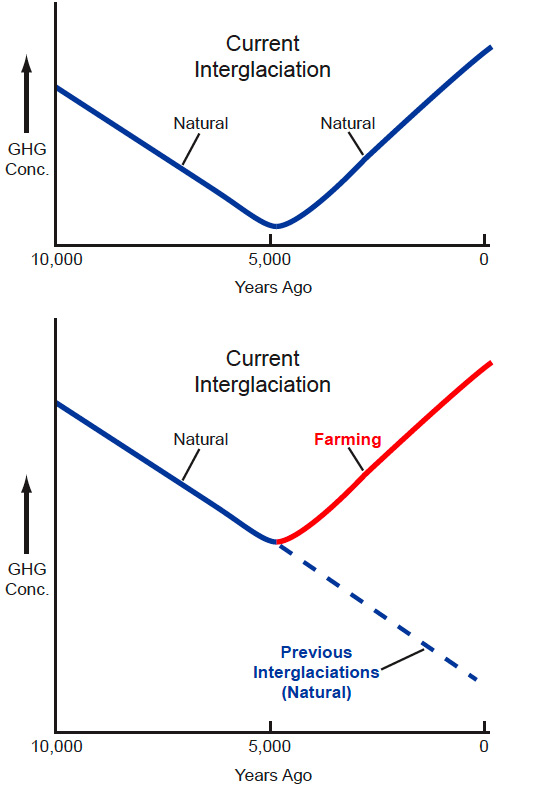Guest commentary from Steve Ghan
A good writer knows their audience, and Roy Spencer knows his. There are plenty of people who would love to hear a compelling argument for why no action is needed to mitigate global warming, and Spencer’s book “The Great Global Warming Blunder: How Mother Nature Fooled the World’s Top Climate Scientists” will give uncritical readers the argument they’ve been looking for. As Sarah Palin said, “while we recognize the occurrence of these natural, cyclical environmental trends, we can’t say with assurance that man’s activities cause weather change”. That is really the essence of Roy’s argument.
[Read more…] about Review of Spencer’s ‘Great Global Warming Blunder’
